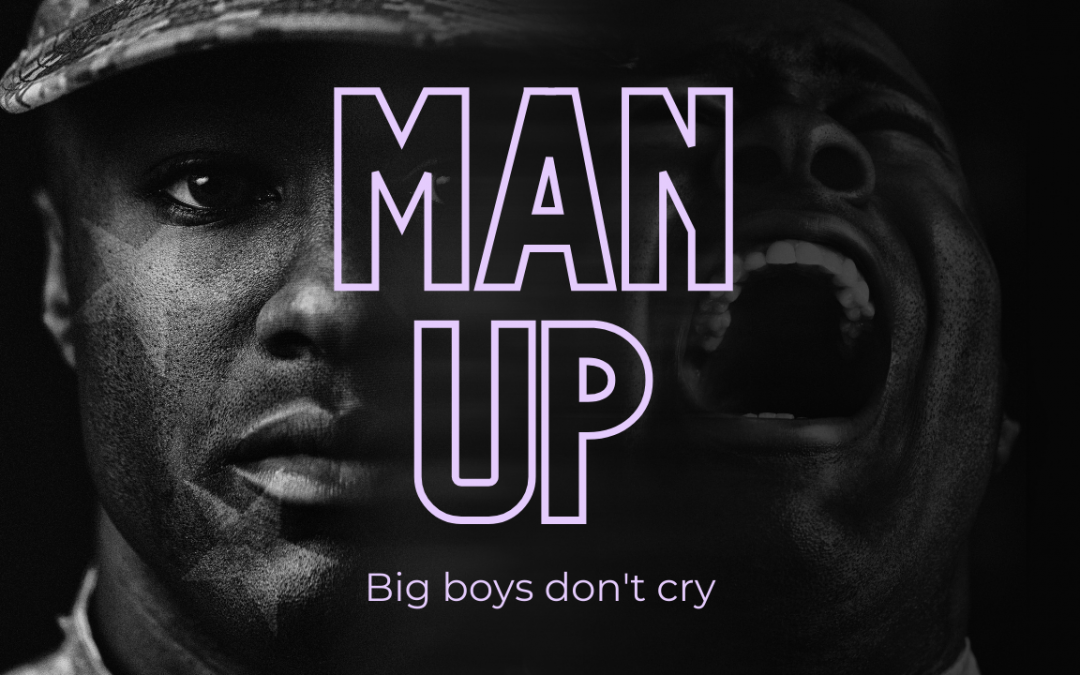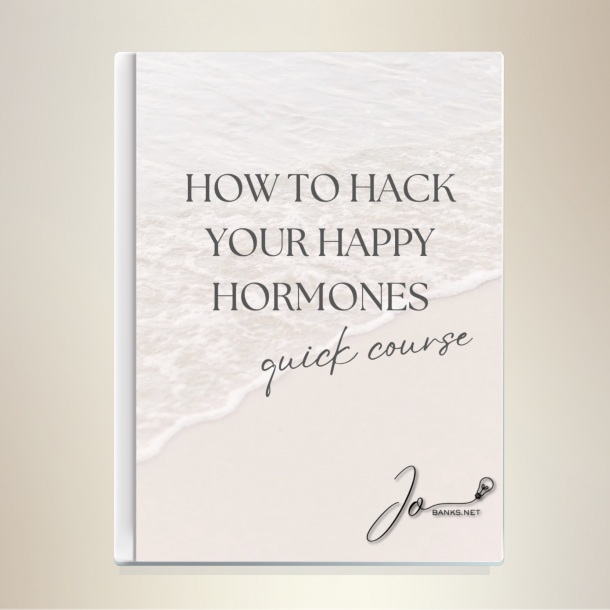On Monday, I posted my most popular LinkedIn post to date. At the time of writing this article, 48 hours later, it’s had over 37,000 views and over 600 likes. If you haven’t seen it, this is the graphic I used:

Awareness is critical – we cannot change what we aren’t aware of!
(In this article, I will refer to men, as that was what the initial post was about. However, the principles are the same regardless of gender.)
In past articles, I’ve alluded to the fact that I had a troubled childhood. Because of my parents’ issues, whilst largely my physical requirements were met, my emotional needs were severely neglected (no blame here – just fact).
Over the past 15/20 years, I’ve done an incredible amount of research to understand what happened to me and what I can best do to heal and overcome the issues I’ve experienced as a result of my upbringing.
Trauma with a Little ‘t’
As part of my research recently, I’ve been doing a deep dive into trauma with a little ‘t’ (something I’ll talk about in more detail in future articles). Essentially, the term refers to the culmination of many tiny micro stressors that build up and, over time, adversely affect our mental health.
These micro stressors can involve seemingly harmless childhood experiences, e.g. being called names in the playground, receiving a nasty comment from a friend or teacher, being ignored, or being shouted at for no reason.
However, if we don’t have a safe place to talk about them (for example, with an adult caregiver), these stressors build up over time. As a result, we quickly learn to suppress our emotions.
At this point, it’s probably prudent to discuss how we get programmed (conditioned) as children to think, behave and react as we do. Essentially, it can be broken down into two ways:
1. Modelling Caregivers
Children watch and copy EVERYTHING the adults around them do and say. So, if your parents weren’t able to model emotional maturity, the likelihood is that you will have picked some of that up.
So, for example, if either or both of your parents are worriers, overthinkers, anxious, stressed, depressed, people-pleasers, etc., and they openly display those behaviours, there’s a good chance that you will also have developed them to some degree.
Childhood programming happens in the subconscious – so beware of saying to your kids, ‘Don’t do as I do, do as I say’ – it simply does not work that way. Your children are ALWAYS unconsciously watching, absorbing and copying EVERYTHING you say and do.
2. Through Trial and Error
As children, we will try a behaviour, and if we get the response we want, we’ll continue to do it. If we don’t, likely we’ll try something else.
For example, if you discover that crying results in you being shouted at, you quickly learn not to cry. Likewise, if you try to express your emotions and get shut down, you’ll learn not to talk about your feelings.
In the short term, this ‘trial and error’ response is a brilliant adaptive tool that keeps us safe from being emotionally hurt. However, over time, that suppression of emotions, with no safe place to discuss how we feel or have our feelings validated, turns inwards.
As a result, what began as a short-term adaptation to help us avoid pain, often results in long-term mental health issues in adulthood.
As these adaptations become deeper rooted (with repetition), they often result in:
- Anger issues
- People pleasing
- Feeling unworthy
- Not being able to stand up for what you want
- Keeping quiet
- Hating conflict
- Stress
- Depression
- Anxiety
- Addiction
- Low self-worth
- Low confidence
- Guilt/shame
- Feelings of abandonment
The list goes on.
Back to micro-stressors…
If you, as a small boy, heard things like:
- ‘Big boys don’t cry’
- ‘I’ll give you something to cry about’
- ‘Stop being such a baby’
- ‘Oh, you’re such a girl’
- ‘You’re such a cry baby’
- ‘You’re too sensitive’
- ‘Stop being so dramatic’
- ‘Man up’
…AND you didn’t see emotional maturity modelled by your caregivers, or you didn’t have a safe place to express yourself (to cry, be held, be listened to, be ‘seen’, etc.), you would have learnt pretty quickly that showing your emotions is bad or wrong. You will then unconsciously seek ways to bury them so that you ‘fit’ in with those around you.
Suppression of emotions is far more prevalent in boys as, historically, girls have been seen as ‘the emotional ones’, making it more socially acceptable to show emotions and not be viewed as weak (although that’s not always the case).
Humans Need to Belong
It’s probably important here to point out why it’s so critical for us as humans to fit in and feel like we belong. It is a primal need that dates back to our early ancestors when separating from the ‘tribe’ meant certain death.
Humans are driven to ‘belong’. It’s hardwired in us. It’s what’s allowed us to survive as a species for so long and is especially important as children as we need adults to meet our needs. It’s so deeply rooted in humans that we will abandon our core selves in order to be accepted.
I see this all the time as a coach. People will put up with the most atrocious behaviour from bosses, clients, partners, etc., because of their fear of rejection – usually a learnt behaviour from childhood.
As children, our survival depended entirely on our caregivers, and so we learnt to adapt our behaviour to fit in. As a result, people often develop unconscious beliefs that ‘core’ or ‘real’ them isn’t good enough, loveable enough or just ‘enough’ in general!
I’ll discuss much more on this topic in future articles, as it’s huge! However, I had to start somewhere and getting the basics right is essential. In the meantime, if some of what I’ve written here resonates with you, especially regarding emotional immaturity, I highly recommend ‘Adult Children of Emotionally Immature Parents’ by Lindsay C. Gibson.
If you are struggling at the moment (as so many people are), please reach out; more help is available now than ever before. The Samaritans continue to do a fantastic job as to Mind and My Black Dog, plus countless other peer-to-peer support groups nationally and locally. You can also contact me in confidence at jo@jobanks.net
Finally:
YOU ARE NOT ALONE.
You are enough.
You are important.
You do make a difference.
People do care.
You are not letting anyone down.
People do love you.



